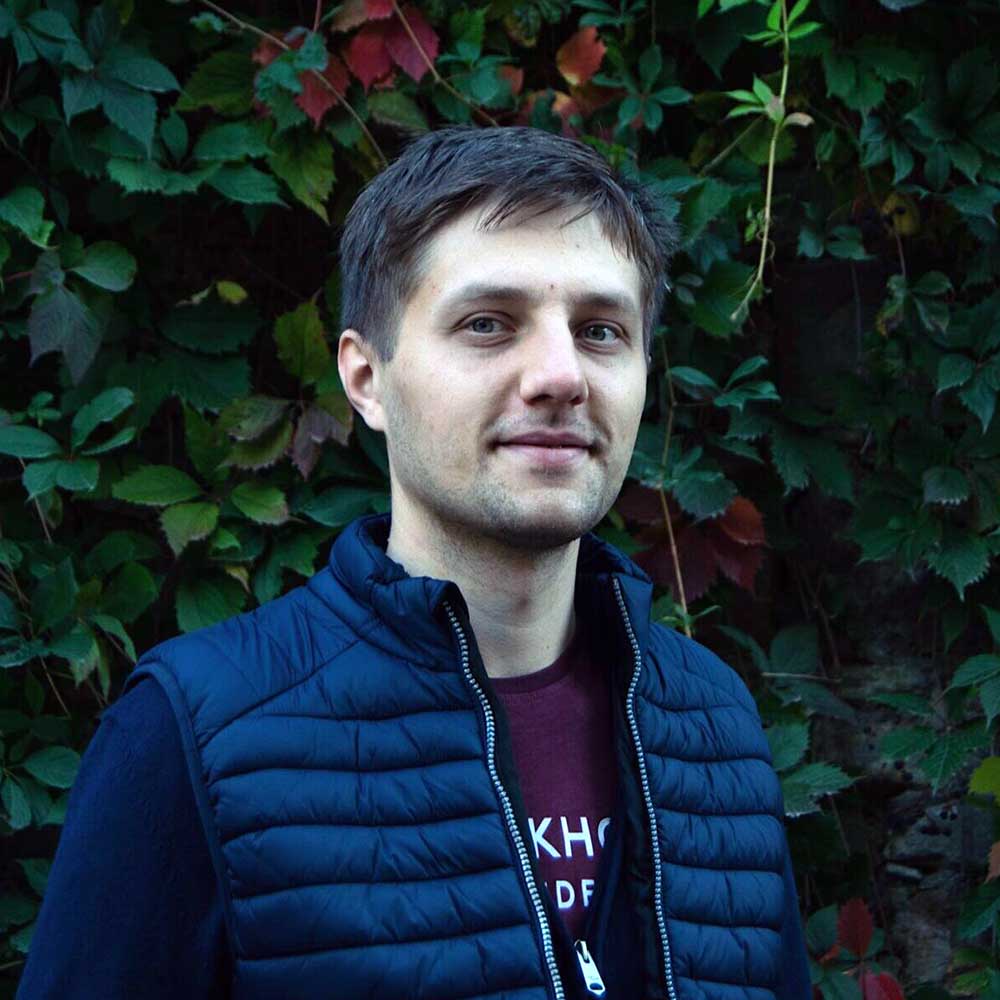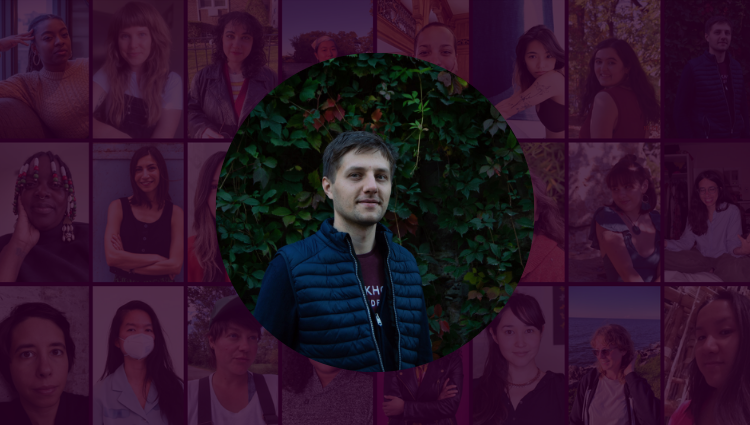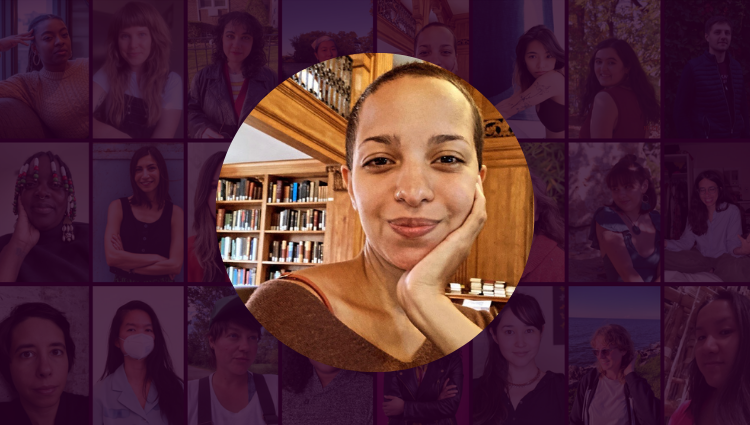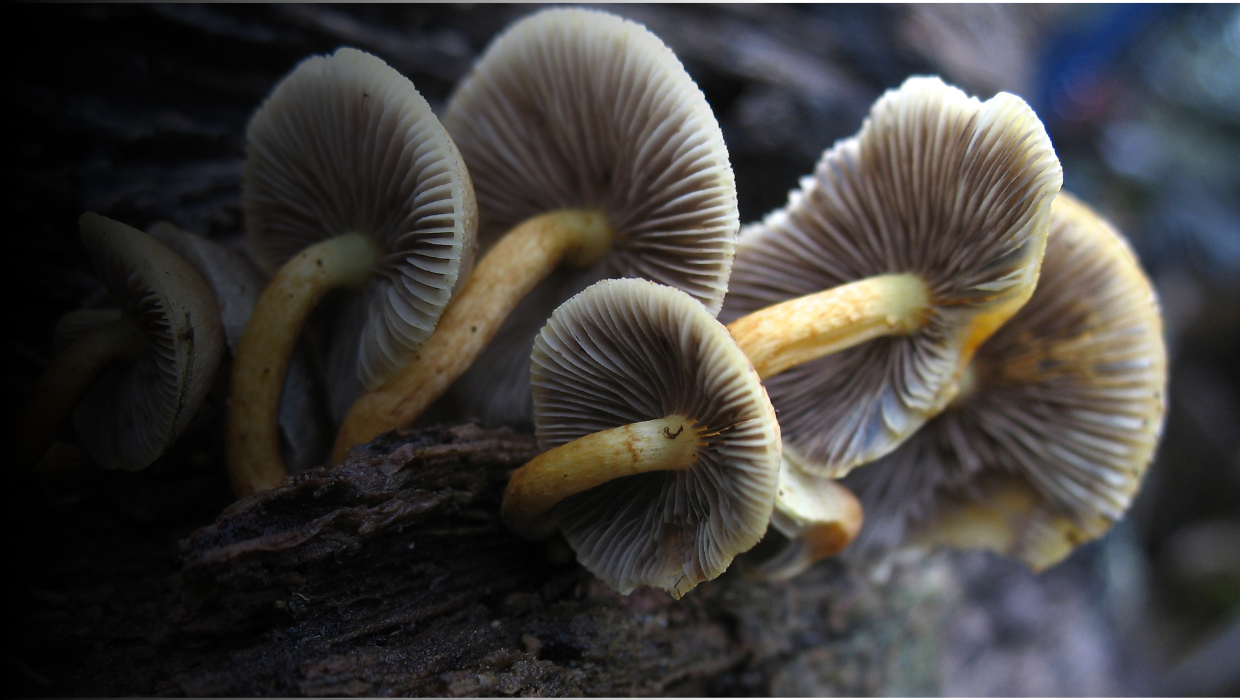The Dream of Antarctica
an excerpt from Chapter 52: Barchans
Markiyan Prokhasko was one of our Summer 2024 Digital Residents. As a part of this program, we give our residents the option to publish an excerpt of their work, write a process piece, or have a Q&A with us. Here, Marko shares an excerpt for his second book, The Dream of Antarctica (Old Lion Publishing House 2022), which comes from Chapter 52: Barchans. You can read more Spotlights here.
Chapter 52: Barchans
Underfoot there is the frontier firmament. When you seem to be standing on the edge of the world. Like in the mountains between heaven and earth. Or when from the porthole of the plane it seems that everything is upside down, when the sun breaks through the clouds from below. And you are like in the water, diving, and the sunlight spills on the water above your head, and several rays penetrate the water column similar to when light falls off through the tree crowns in the forest. Just the water is above, like in “Pirates of the Caribbean”, when they were returning from the other world. So it feels like you are on the edge of the worlds.
Here in Antarctica one can be the Little Prince who walks on the island as if it was his own little planet. And around there is the whole universe of planets-islands. Comets-icebergs float between them, but then they stop near the island, like floating rocks, and bob on the waves, waiting for something.
Surf foams underfoot in the precipice. There are no clouds in the sky-space, nothing eclipses the white sun. Due to the incredibly clean air, objects seem closer than they really are. Like the stars — they cannot be billions of kilometres away, if sometimes they are so close, just jump higher and you will touch their shining with your hand. And the islands are so close, and so unreachable, as if they were near at hand, but it takes a long time to get to them by sea. Nearby islands are as distant as other planets. It is impossible to reach them without a boat. Trying to swim even to the nearest one is like going into outer space without a space suit. You will simply cool down forever and plunge into beautiful cold infinity.
So the waters of the Antarctic are like the river Styx, which separates the terrestrial and underground worlds, the world of the living and the dead. It could be crossed by boat with a guide. But Antarctica is the opposite to the underground kingdom of Hades. It is cold and beautiful, but sometimes it seems just the same magically impregnable.
What distinguishes Antarctica from the infinite universe is that here the geometry does not unfold equally far in all directions. There are two planes here — the sea, on the plane of which islands-planets and comets-icebergs are strung. And above there is the spacious, big, wide sky. More than once I caught myself thinking that the sky seemed more spacious here than in Ukraine. Perhaps it is so spacious in the Mongolian steppes, where the angle of the sky is probably bigger than 180 degrees, because the earth descends beyond the horizon line, giving way to the sky, like in the ocean. It is not accidental that the Mongols believed in the Eternal Blue Sky.
On the horizon line there is the continent-galaxy: whimsical and twisted. There are mountains there, somewhere as if piled in pieces, somewhere they tower as if in figures, somewhere they look like the Sydney Opera House. In some places they gradually descend to the ocean, and on this descent stone spiers can break out from under the snow. Clouds float here and there on the peaks. And above the mountains there is the sun, from which the path of sunlight, spilled on the water, runs towards me. It shines on the bluish icebergs that come its way. The sun’s rays glitter on the black coastal stones time after time washed upon by the waves. Under the sun itself, a little apart from the others and higher than the others, a solitary mountain stands, surrounded on the peak by a cloudy rim, an edging, a haze, as it could be depicted in Japanese painting. The mountains which were far away looked as if their peaks had been cut off. They were simply overshadowed by a grey cloud with a flat bottom, which merged with the sky above. The existence of those peaks was indicated only by general knowledge of the world. It was difficult to look in the direction of the sun without glasses — my eyes were almost closed. Small slits were enough for light to get on the retina, and the world of colours was drawn in the depth of the eye.
Contemplating this universe, I was walking around my little stone planet covered in snow. It could seem dead or at least frozen. But it was actually alive. From all sides it was encouraged by the waves breaking on it. Gulls were everywhere. They were big, but small ones like hummingbirds also happened, because they hung almost motionless in the wind. However, in fact, they are not small — the wind is so strong. And where rocks stuck out from under the snow, they were immediately captured by multicoloured moss and lichen. The moss is already frozen — they are hard-hard to the touch, as if someone had forged them at a blacksmiths’ festival or blown them out of glass in the best Czech workshops of the past.
But the planet is not so deserted. There are human traces here. Apparently a geodetic instrument is installed on the island. There is a barrel in the middle and it says “Detector”. In addition, there are still human footprints left not by us.




